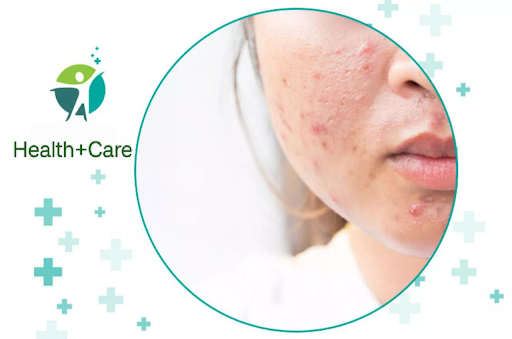

- Home
- Health+Care
- Understanding Acne: Causes, Ef ...
Why Acne Is More Than Skin-Deep
Acne is a common and often misunderstood skin condition affecting most adolescents and a growing number of adults globally. It develops from inflammation of the pilosebaceous unit—our hair follicles and their oil glands. When these follicles clog due to excess sebum, dead skin cells, and the bacteria Cutibacterium acnes, various types of lesions form, ranging from blackheads and whiteheads to painful cysts.
The impact of acne extends beyond skin symptoms. It affects mental health and social interactions, linking to anxiety, depression, and loss of self-esteem. Because of this, modern skincare treatments adopt a holistic view, addressing diet, hormone balance, stress, and gut health alongside topical and medical interventions.
What Causes Acne?
Several factors contribute to the development of acne:
- Hormonal changes, especially androgen surges during puberty and hormonal fluctuations in menstrual cycles, pregnancy, or conditions like PCOS, increase sebum production.
- Abnormal shedding of dead skin cells clogs pores, trapping sebum inside follicles.
- Cutibacterium acnes bacteria flourish in blocked follicles, triggering inflammation and immune responses.
- Certain medications (e.g., corticosteroids and some contraceptives) and lifestyle elements like stress or diet can worsen acne severity.
Inflammation leads to redness, swelling, and sometimes painful cysts that may cause scarring. Adult acne often links to ongoing hormonal imbalances, lifestyle factors, and stress-induced cortisol spikes.
Types of Acne Lesions
Acne manifests mainly in two forms:
- Non-inflammatory lesions: Blackheads (open comedones) appear dark due to oxidation, and whiteheads (closed comedones) are flesh-colored bumps beneath the skin. Both result from clogged pores without overt inflammation.
- Inflammatory lesions: Papules are small, tender red bumps without pus, while pustules have visible white or yellow centers. More severe types include nodules and cysts, which are deep, painful, and prone to scarring and often require systemic treatment.
Recognizing Symptoms and Progression
Acne typically begins with clogged pores on the face, chest, back, or shoulders. If untreated, it can progress to swollen, tender spots or painful cysts. Post-inflammatory discoloration and scarring can be lasting and worsen in darker skin tones. Picking or delaying treatment increases these risks.
Psychological Impact of Acne
Acne is connected to emotional difficulties including anxiety, depression, and lowered self-esteem, especially among teens and young adults. Some patients experience body dysmorphic disorder, a distorted self-image focused on perceived flaws. Addressing psychological effects with professional care alongside dermatologic treatment is vital.
Conventional Treatments for Acne
Doctors tailor treatments based on acne severity:
- Topical options: Benzoyl peroxide kills bacteria and reduces inflammation; retinoids derived from vitamin A unclog pores and promote skin renewal; salicylic acid exfoliates; topical antibiotics fight bacterial growth.
- Oral medications: Moderate-to-severe acne may require antibiotics, isotretinoin, or hormonal therapies like birth control pills and spironolactone.
- Advanced therapies: Cortisone injections, laser and light-based treatments, chemical peels, microneedling, and fillers help manage cysts and scars.
A dermatologist helps combine therapies for safety and best results.
Natural Remedies for Clearer Skin
Many seek gentle alternatives such as:
- Tea tree oil with antimicrobial and anti-inflammatory properties reduces mild to moderate acne.
- Aloe vera soothes irritated skin and accelerates healing.
- Green tea extracts regulate oil production and calm inflammation.
- Honey, turmeric, apple cider vinegar, argan oil, zinc, echinacea, and rosemary offer antibacterial and antioxidant benefits.
Lifestyle habits—avoiding picking, using pH-balanced cleansers, hydrating, managing stress, and sleeping well—also support skin health. Diets lower in high-glycemic and dairy foods may help reduce flare-ups. Balanced gut microbiota is increasingly recognized for its role in skin clarity.
Preventing Acne Flare-Ups
Building a gentle skincare routine prevents breakouts:
- Cleanse twice daily with a mild, non-irritating cleanser.
- Exfoliate 1–2 times weekly with salicylic acid or other beta-hydroxy acids to clear pores.
- Avoid harsh, scented, or comedogenic products.
- Minimize frequent face touching.
- Remove sweat and pollutants after workouts promptly.
- Use non-comedogenic moisturizers and sun protection.
Professional care ensures accurate diagnoses and prevents scarring and psychological distress.
Debunking Acne Myths
Common myths include:
- Acne is caused by poor hygiene—actually, overwashing can worsen it.
- Greasy foods cause acne—high-glycemic foods and dairy have more impact.
- Makeup causes acne—only comedogenic or poorly removed makeup poses risks.
- Acne is just for teens—adult acne, especially in women, is common.
Understanding facts helps ensure effective treatment.
Managing Acne Confidently
Acne management requires patience and persistence. With modern medical treatments and natural remedies, clearer skin is achievable. Tailored, dermatologist-guided approaches combined with healthy lifestyle habits support healing. Remember, self-worth goes beyond your skin condition.
FAQ: Acne
What causes acne?
Acne arises from excess oil, clogged pores, bacteria, and inflammation, often stimulated by hormonal changes, diet, stress, and certain medications.
Do natural remedies work for acne?
Remedies like tea tree oil, aloe vera, and green tea have shown benefits for mild to moderate acne, but individual results vary.
Is acne only for teenagers?
No, adult acne is common and often linked to hormonal shifts and lifestyle factors.
How can I prevent acne flare-ups?
Gentle cleansing, avoiding irritants, stress management, healthy diet, and hydration reduce breakouts.
When should I consult a dermatologist?
For severe, persistent, or scarring acne, or if over-the-counter and natural methods fail.
Does diet affect acne?
Certain dietary patterns high in sugars and dairy may worsen acne; balanced nutrition supports skin health.
Clear, healthy skin is a journey rooted in education, care, and consistent effort. Consult your dermatologist for personalized advice and support. At Dailywell, we’re here to guide you toward your best skin.
Recent Posts
- Obsessive-Compulsive Disorder (OCD): A Human-Centered Exploration
- Protecting Your Gut: The Dailywell Guide to Understanding Gastritis and Gastropathy
- Comprehensive Insights into Rectal Cancer: Signs, Treatments & Future Perspectives
- Calm Your Pressure: Natural Ways to Control Hypertension Through Meditation and Lifestyle
- Understanding Acne: Causes, Effects, Treatments & Natural Remedies for Clear, Healthy Skin
Recent Comments
Archives
Search
All Tags
Search
Gallery






Recent Post
Obsessive-Compulsive Disorder (OCD): A Human-Centered Exploration
- January 24, 2021
- 4 min read
Protecting Your Gut: The Dailywell Guide to
- January 24, 2021
- 7 min read
Comprehensive Insights into Rectal Cancer: Signs, Treatments
- January 24, 2021
- 6 min read





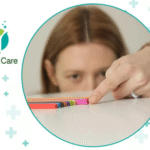
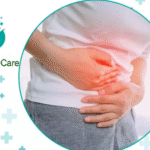
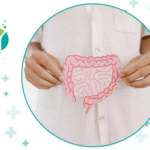



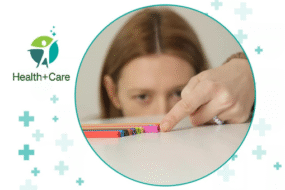
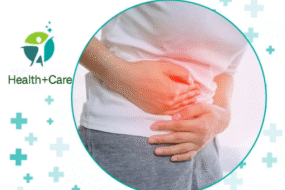
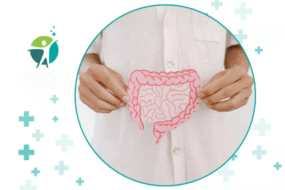
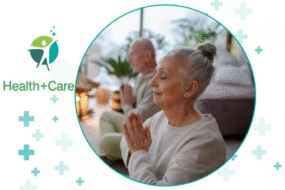
No Comments